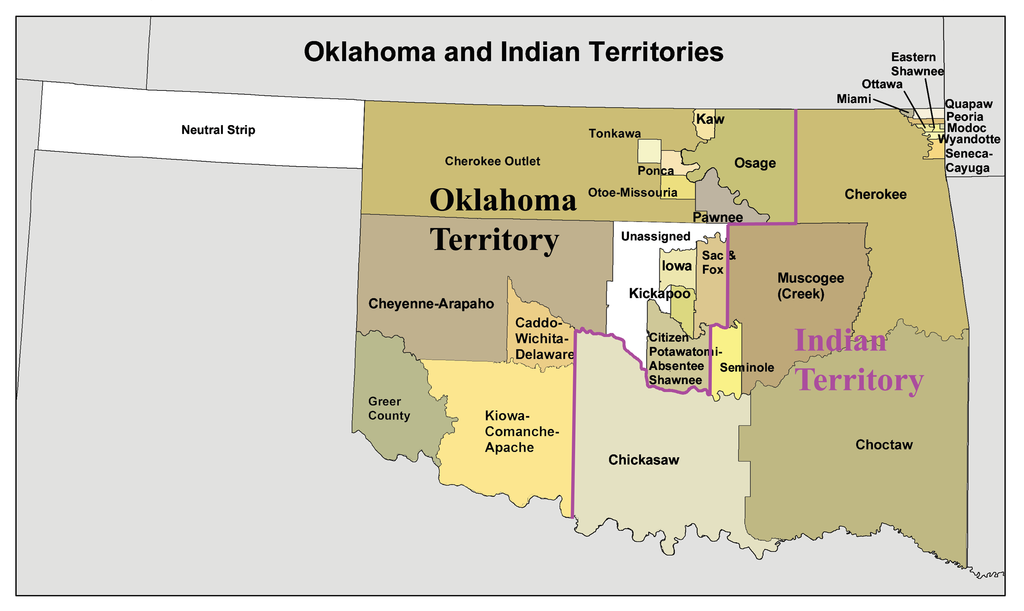Quickdraw101
Beware My Power-Green Lantern's Light
Historically, in the early 1900's, many Native American put forth a proposal for the Oklahoma territory to become their own state, as to preserve their own traditions and under their own governance.
This failed in 1906 when the Oklahoma Enabling Act was passed, and Oklahoma became the 46th American state. But what if it hadn't? Let's assume for some reason congress and the president actually approves this proposal in 1905. With the entirety of the Oklahoma territory now under the governance of the Native American tribes, what effect will this have on both the United States, and the various tribes across the country? Would this lead to improved relations between the tribes and U.S. government?

This failed in 1906 when the Oklahoma Enabling Act was passed, and Oklahoma became the 46th American state. But what if it hadn't? Let's assume for some reason congress and the president actually approves this proposal in 1905. With the entirety of the Oklahoma territory now under the governance of the Native American tribes, what effect will this have on both the United States, and the various tribes across the country? Would this lead to improved relations between the tribes and U.S. government?


